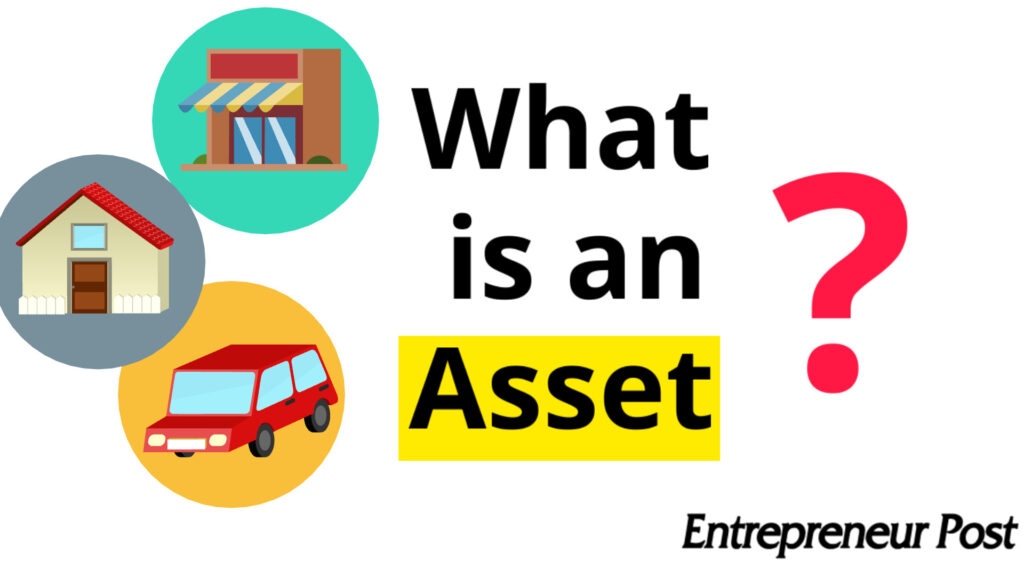Simple definition of “Assets” – Business
An asset is anything of value that can be converted into cash.
Individuals, companies, and governments own assets.
For companies, an asset might generate revenue, or a company might benefit in some way from owning or using the asset.

The most popular assets classes:
- Shares (also known as equities).
- Bonds (also known as fixed-interest stocks).
- Property.
- Commodities.
- Cash.
For individual investors, the term asset might have a slightly different meaning.
An asset for an investor is anything that generate a positive cashflow.
A more complex definition, quoting wikipedia:
In financial accounting, an asset is any resource owned or controlled by a business or an economic entity.
It is anything (tangible or intangible) that can be used to produce positive economic value. Assets represent value of ownership that can be converted into cash (although cash itself is also considered an asset).
The balance sheet of a firm records the monetary value of the assets owned by that firm. It covers money and other valuables belonging to an individual or to a business.
Assets can be grouped into two major classes: tangible assets and intangible assets.
Tangible assets contain various subclasses, including current assets and fixed assets. Current assets include cash, inventory, accounts receivable, while fixed assets include land, buildings and equipment.
Intangible assets are non-physical resources and rights that have a value to the firm because they give the firm an advantage in the marketplace. Intangible assets include goodwill, copyrights, trademarks, patents, computer programs, and financial assets, including financial investments, bonds, and stocks.



